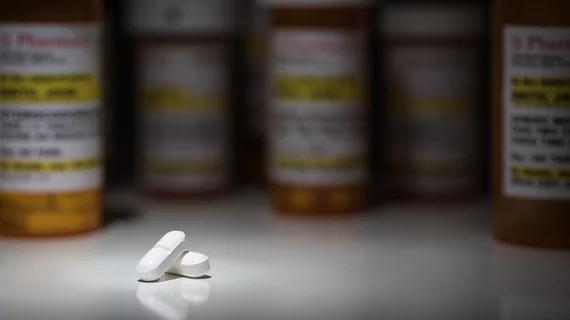ARB recalls resurface as Teva pulls 6 lots of losartan from market
Teva Pharmaceuticals is pulling six bulk lots of its angiotensin II receptor blocker (ARB) losartan from the market after testing revealed dangerously high levels of N-Nitroso-N-methyl-4-aminobutyric acid (NMBA), a probable human carcinogen, in the drugs.
Teva’s voluntary recall is the first in weeks after an avalanche of ARB recalls earlier this year. A sizeable portion of those recalls—issued by Camber Pharmaceuticals, Legacy Pharmaceutical Packaging and Torrent Pharmaceuticals Limited—dealt with losartan, a popular blood pressure medication prescribed to treat hypertension, left ventricular hypertrophy in hypertensives and nephropathy in type 2 diabetics.
Teva first voluntarily recalled 35 lots of its losartan potassium tablets April 29 after detecting NMBA in six lots of active pharmaceutical ingredient manufactured by Hetero Labs Limited in India. The company has now expanded that recall to include six lots of bulk losartan tablets—two lots dosed at 50 mg and four lots dosed at 100 mg.
In both recalls, Teva’s losartan was being distributed exclusively to Golden State Medical Supply, a health company based in Camarillo, Calif. Golden State Medical Supply packages losartan in bulk under its own label, distributing the drug in retail bottles of 30, 90 and 1,000 tablets.
As with any recalled drug, the FDA encourages patients to keep taking their medication until their primary care physician clears them for a safer alternative. A comprehensive list of recalled batches of losartan is available here.
Find more coverage of recent losartan recalls below:
3rd blood pressure drug recalled due to cancer concerns
87 lots of losartan recalled as FDA investigation reveals more impurities in BP drugs
Torrent Pharma recalls an additional 104 lots of losartan
Losartan recall grows by another 35 lots
More losartan recalled; attorney projects at least 2K lawsuits will follow

